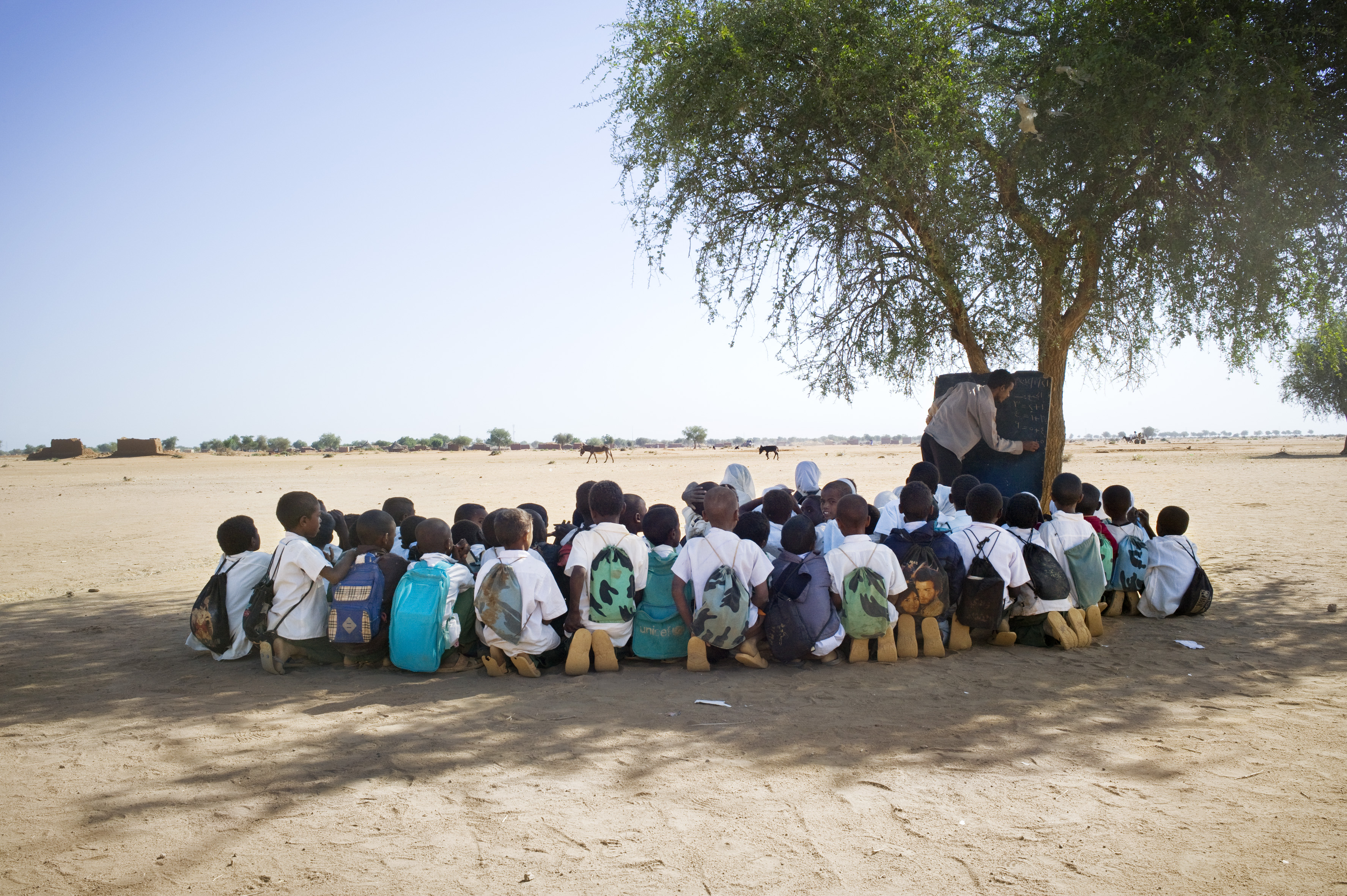
Policies
UNESCO QPE
Context and Problem
Physical Education (PE) in Schools is often discounted and replaced by in-class education. However, this is detrimental as a policy. PE provides life skills education, allows young people to become responsible and active, and provides them with the skills and values to solve real-life issues. Additionally, if done right, PE increases lifespan by five years, reduces the risk of heart disease, increases chances of going to college by 15%, and leads to an increase of 40% in test scores.
During the COVID-19 pandemic, there was a 41% drop in physical activity. Pre-pandemic physical inactivity led to 5 million premature deaths annually. Additionally, COVID-19 exacerbated inequalities in physical education, significantly effecting girls and disabled children.
The UNESCO Quality Physical Education (QPE) program comes in here.
Solution
The UNESCO QPE is a holistic approach to physical education focusing on inclusivity, peer-led learning, and skill development to address social, emotional, and physical needs. The UNESCO QPE developed a resource package that can be utilised to implement this solution in their communities and nations. This includes resource packages, guidelines, infographics, videos, toolkits, and methodologies.
There are three stages to enable the success of the QPE program. First is the preparatory and planning stage. This includes conducting a national situation analysis (identifying which key policies to be addressed), preparing revised policy documents, etc. Next is the action stage, which involves the development of structures, mobilising resources, and continuous monitoring. Finally, the evaluation stage is based on the metrics of user-friendliness, relevance, coverage, inclusion, added value, etc.
A National Expert Coordinator should manage the program and should have two central communities. This includes a steering committee (responsible for the final product) and a technical working group (day-to-day operations). The guiding principles of QPE should be local ownership, participation, inclusiveness, and gender sensitivity.
Impact
Pilot programs were done in Fiji, Mexico, South Africa, and Zambia in partnership with organisations like WHO, UNICEF, and the European Commission. In Fiji,390 students, 330 teachers, and 990 parents from 197 schools were engaged in implementing QPE. In South Africa, a robust national situation analysis report was created based on nine provincial reports. Several other examples exist.
Analysis
Physical education is often overlooked, and it isn’t planned properly or focused on even when done. By prioritising physical education and making it essential, students' mental health is boosted, they learn important life skills and showcase better academic results. The UNESCO QPE program provides a mechanism and framework for communities and countries to create an effective physical education ecosystem.












